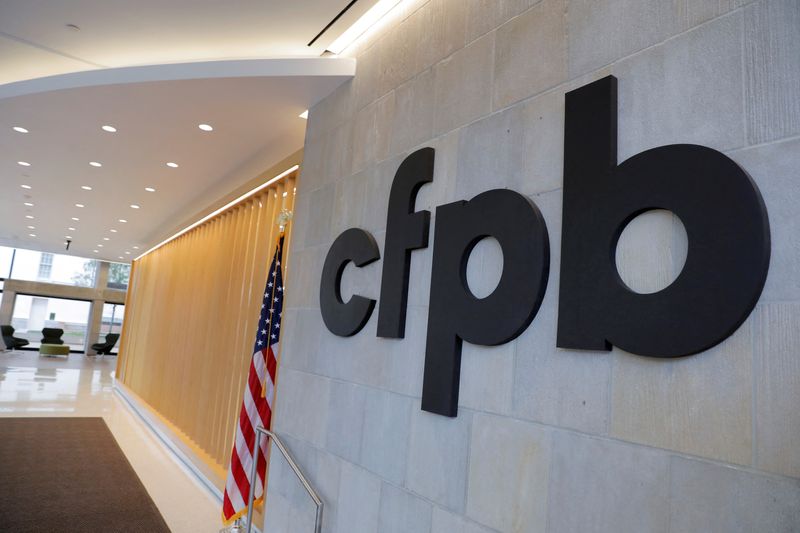(Reuters) - Lenders across the U.S. financial services sector continue to charge illegal fees for home, student and payday lending, an embattled consumer protection agency said Wednesday, spotlighting a practice the Biden administration is campaigning to stamp out.
However the Consumer Financial Protection Bureau said recent regulatory scrutiny is driving much of the lending industry to abandon the practice of charging "surprise" late fees. President Joe Biden, who has faced Republican criticism over inflation, has denounced what officials describe as the fleecing of consumers through unfair charges in air travel, tourism, telecommunications, banking and mobile app purchases.
In a report, the CFPB pointed to unlawful "junk fees" in mortgages, payday and title lending, auto loans and deposit accounts, saying in particular that banks had begun to refund repeat fees charged for insufficient funds when a single item is presented for payment multiple times.
The agency last month unveiled a proposed rule that would also cap credit card late fees at $8. The U.S. Chamber of Commerce, a principal lobbying body, has warned of unintended consequences, noting that the benefit of lower fees would be "vastly outweighed" in the long term by higher consumer costs and more scarce credit as well as higher rates of default and delinquency.

The CFPB is currently facing a legal challenge the Biden administration says threatens the agency's very survival. The Supreme Court last month agreed to hear an appeal against an October lower court ruling holding that the CFPB's funding, which is provided not by congressional appropriation but by the Federal Reserve, was unconstitutional.
(This story has been refiled to add dropped word 'of' in paragraph 2)